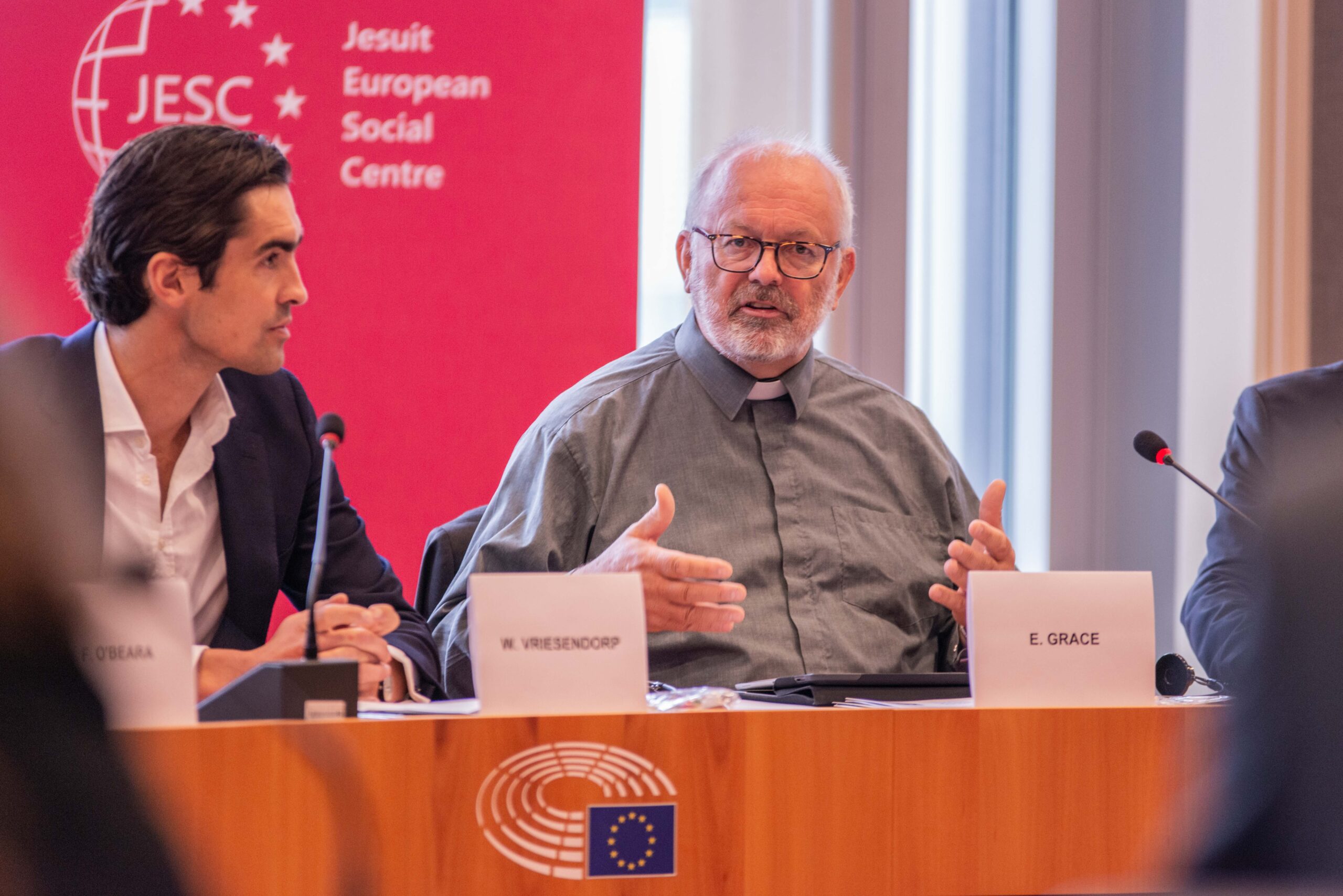Editorial September 2021
Joy is vital if we are to care for our common home. If a home is joyless people want to escape. We have all experienced that need to escape when we are faced with a problem which seems beyond our abilities and the ecological crisis is clearly such a problem. The initial response is to panic and run.
People who are committed to promoting a green lifestyle can, with the best of intentions, end up killing joy – ‘killjoys!’ A recent book by Oisín McGan – ‘A Short Hopeful Guide To Climate Change’ – avoids that danger by striking a hopeful and humorous note. The book is aimed at children over twelve and the text is accompanied by simple and entertaining cartoons. No doubt the twelve year olds will enjoy that, but so did this adult. All the issues are dealt with in a manner which is informative and readable.
The hopeful tone of this book is striking and it would be hard to imagine that tone without the touch of humour. The situation which we face may be grim, but if we allow that to undermine our capacity to laugh, something vital is lost. If there is no joy and no hope, you are not going to hear much laughter!
Hope is only needed when the reality we face is challenging and when the incongruity between our current situation and what we hope for is daunting. Looking on at such a difficult situation, it might be hard to see any reason to laugh, but that is not the point. People do laugh and they laugh at the most unlikely situations. There is no point in talking too much about laughter but the conditions which make it possible are worth thinking about. You might laugh when there is no one else around, but it is a bit pointless. You might laugh, when you are out to prove yourself or to put down others, but mockery leaves a bad taste. You don’t laugh among people you do not trust. If people meet and start getting to know each other, sooner or later someone is going to make others laugh. Indeed, it is hard to ‘break the ice’ with someone without a touch of humour.
To break the ice with others in relation to the ecological crisis is to be able to admit that there is a (considerable?) gap between the way we live and the way we want the whole world to live and that we are willing to talk (candidly?) about taking tiny steps to close it.
Edmond Grace SJ
Secretary for Ecology



